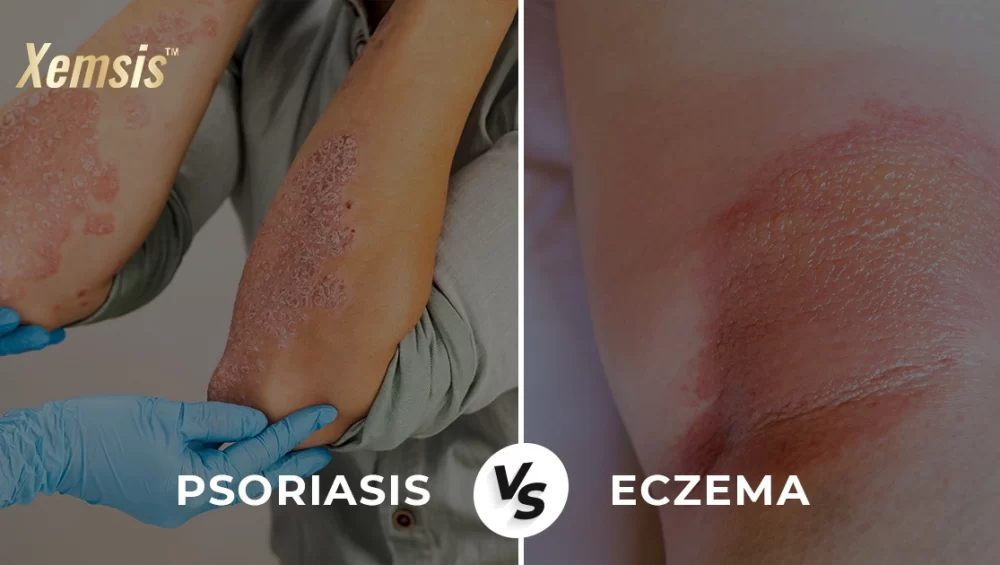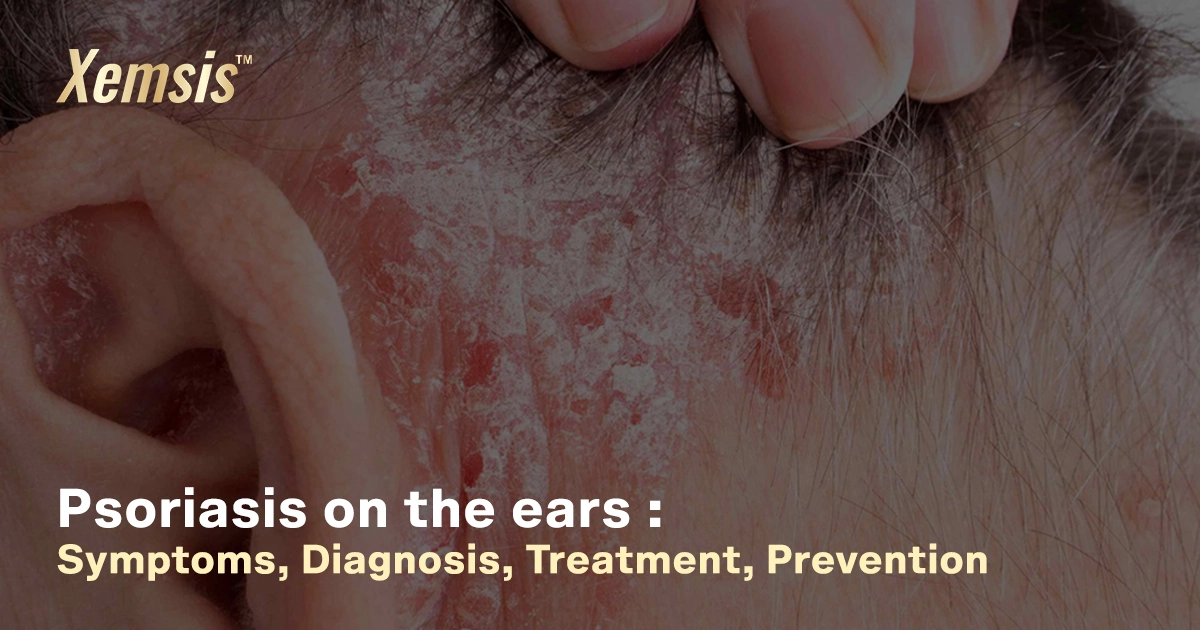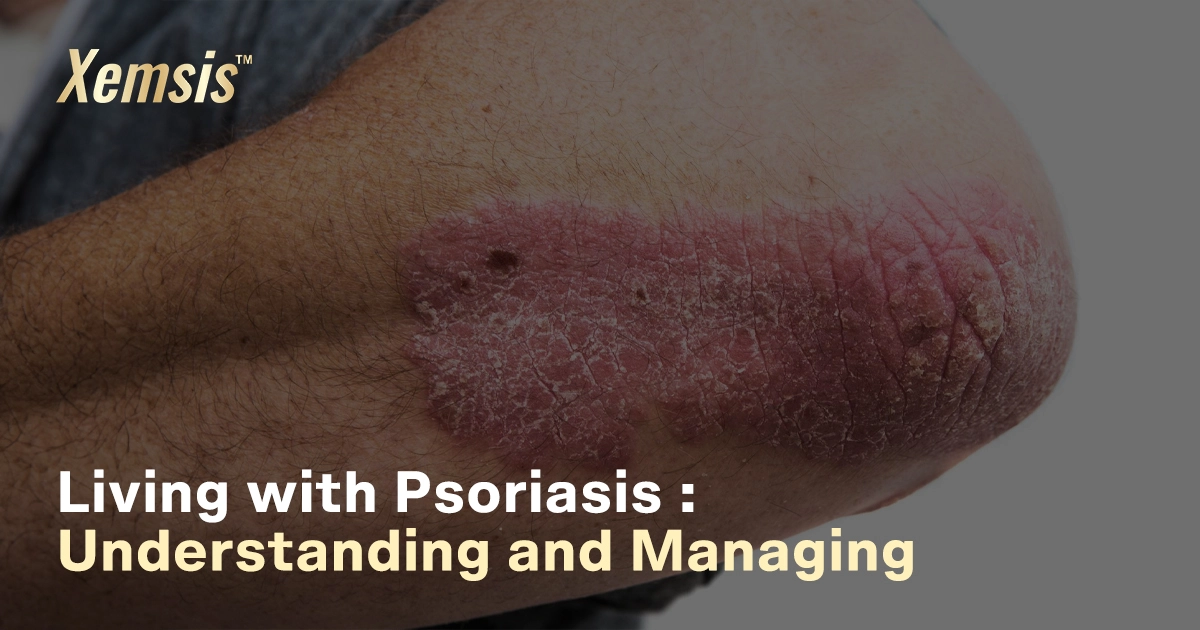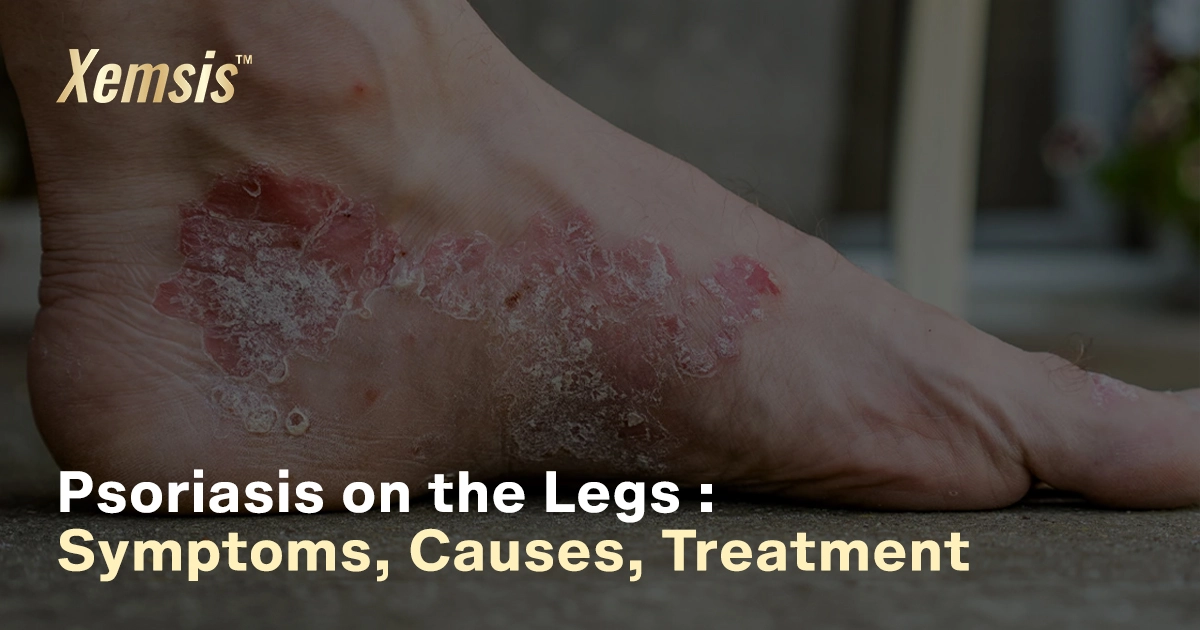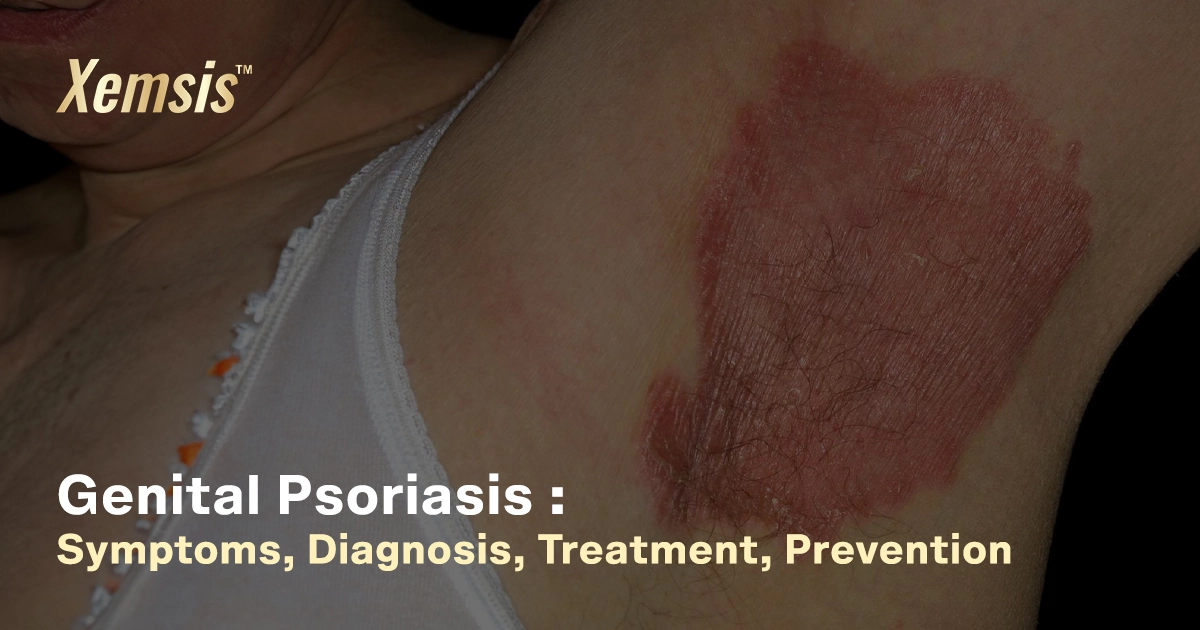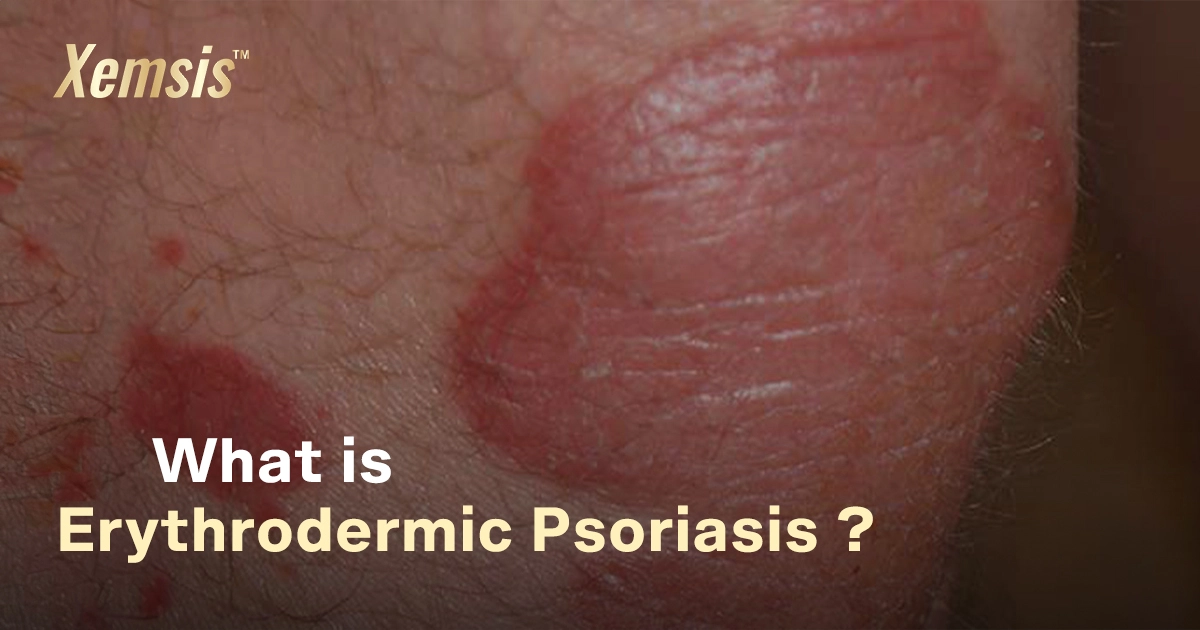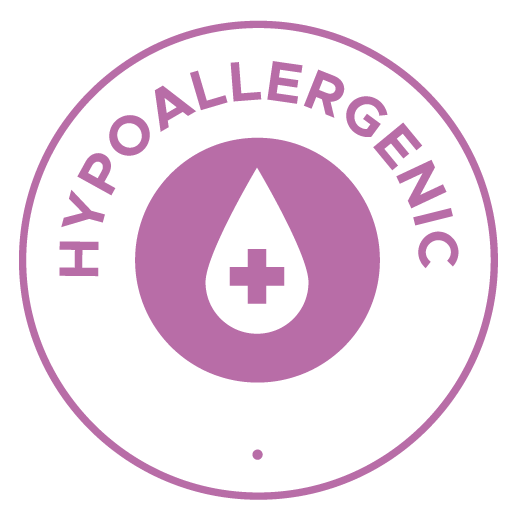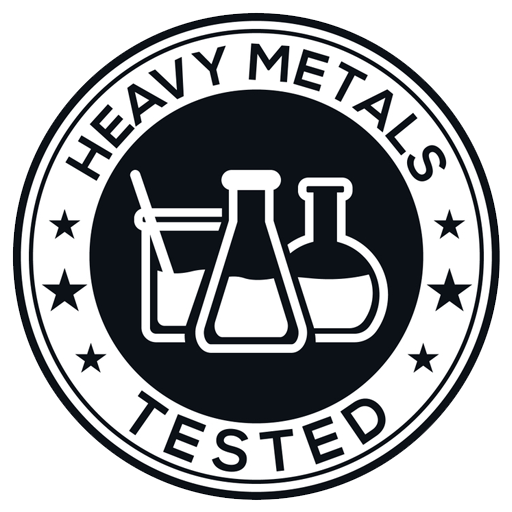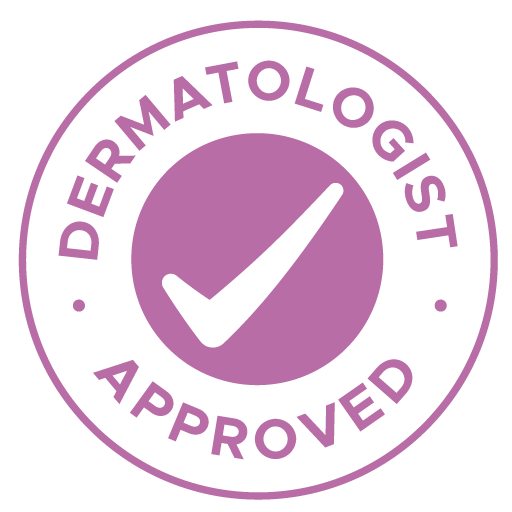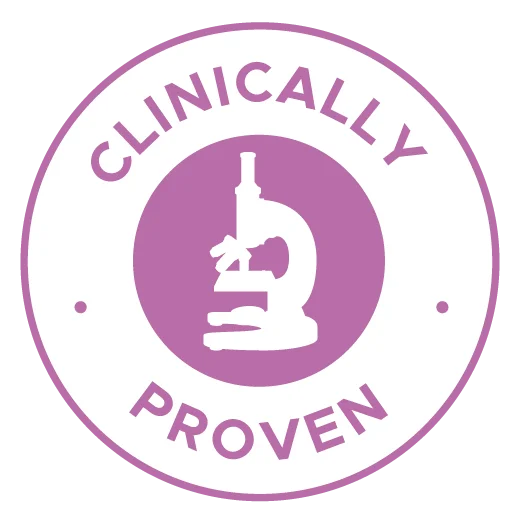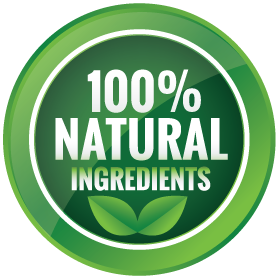What is the difference between psoriasis and eczema?
Do you have a skin condition where you get white patches, redness, and itching? It might be psoriasis. Or it can also be eczema! Psoriasis and eczema are two common skin conditions. Although the two skin conditions may seem similar, they are not the same due to their distinct causes, conditions, and treatments. In this blog, let us see the details of psoriasis and eczema, as well as how to differentiate between the two skin disorders.
What are psoriasis and eczema?
Psoriasis is a long-term autoimmune condition characterized by excessive skin cell growth. This results in plaques, which are thick, red patches covered in white scales. Although these spots can develop anywhere on the body, the elbows, knees, scalp, and lower back are the most frequently affected areas. Psoriasis is not contagious and does not transfer through physical contact between individuals. Psoriasis frequently flares up and then goes away in cycles.
Similar to psoriasis, eczema, also called atopic dermatitis, is a chronic skin condition marked by dry, itchy, and inflammatory skin. It often starts in infancy or childhood and can continue into adulthood. The face, hands, elbows, and knees can all develop red, scaly patches due to eczema. Similar to psoriasis, eczema can flare up and is not communicative.
Identifying Psoriasis
1. Appearances
Psoriasis looks like raised, red patches covered with silvery-white scales. They often appear on the scalp, elbows, knees, and lower back.
2. Cause
Causes of psoriasis differ from person to person, but a few common causes are genetic, environmental factors, cuts and wounds, certain foods, and medications.
3. Thickened nails
Psoriasis can affect nails, making them thickened, pitted, or ridged.
4. Scalp involvement
Psoriasis often affects the scalp, causing red, scaly patches and itching.
5. Triggers
Nightshade vegetables, medications, stress, alcohol, and smoking can trigger psoriasis
Identifying Eczema
1. Appearances
Eczema shows up as dry, itchy, and inflamed skin that might be red, rough, and scaly. The itching can be intense, especially at night.
2. Areas affected
Eczema often pops up in flexible areas like the inner elbows, behind the knees, and neck. It can also show up on the face, hands, and feet.
3. Cause
Causes of psoriasis differ from person to person, but in most cases, they are genetic, and environmental factors.
4. Sensitive skin
People with eczema often have sensitive skin that reacts to things like irritants and allergens, leading to flare-ups. Stress, certain foods, and harsh skincare products can trigger these flare-ups.
5. Eczema in infants
Eczema often starts in babies, showing up as red, itchy patches on their face, scalp, and body. These patches might ooze and crust over, making babies uncomfortable.
6. Thickened Nails
With eczema, thickened, pitted, or ridged nails are less common.
7. Triggers
Medications, stress, hot water, hormonal changes, alcohol, and smoking can trigger eczema.
A Solution for both psoriasis and eczema
Xemsis Ointment can help you get rid of red spots, itching, and scaly skin, regardless of whether you have psoriasis or eczema. It is made with all-natural ingredients, especially by a special phytogenics technique, and has proven to show visible results in just 7 days. Whether you’re struggling with psoriasis plaques or eczema flare-ups, This ointment can provide relief and restore normal skin faster. With its gentle yet effective formula, Xemsis ointment is a solution for both psoriasis and eczema, helping you achieve healthier, happier skin.
Conclusion
Eczema and psoriasis are two different conditions with different causes, and symptoms, despite some similarities between them. Understanding these differences can help you and your healthcare provider determine the best and most effective treatment plan. If you suspect that you have psoriasis or eczema, consult a dermatologist for a proper diagnosis, or you can consider trying Xemsis ointment and witnessing visible results in just 7 days. With the right care and treatment, you can find relief and improve the quality of your skin and life.

